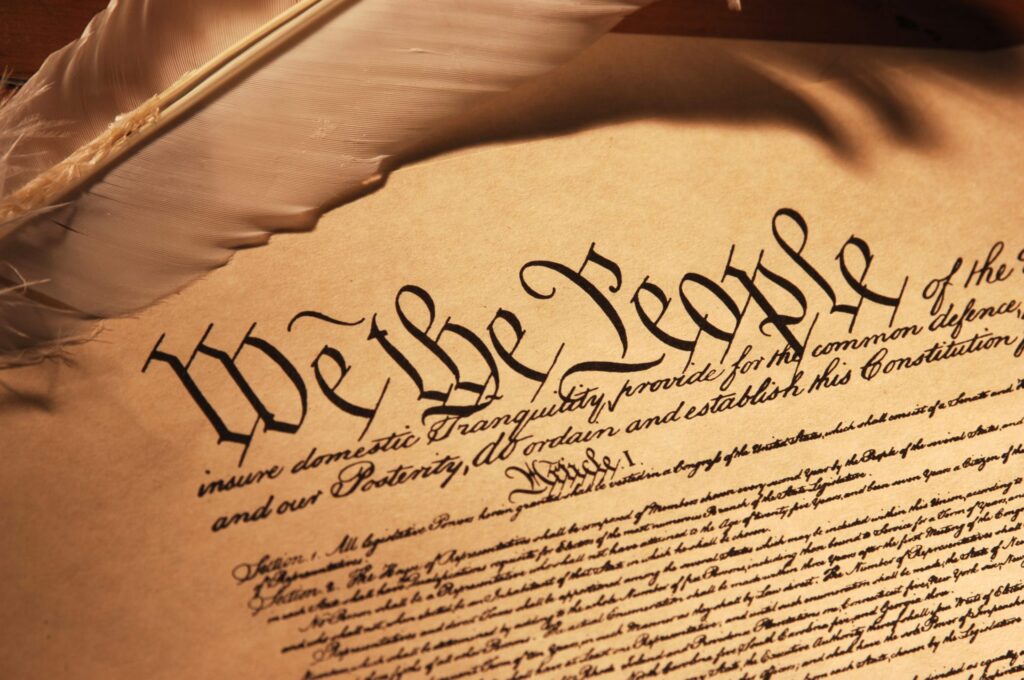As a citizen of the United States, the Constitution guarantees you numerous rights. On a daily basis, the most important of these rights is likely your Fourth Amendment right to be free from searches or seizures that are “unreasonable.” This protects your privacy from law enforcement and ensures that they can only intrude on your life if they have an objectively good reason to do so.
However, the words in the Fourth Amendment have some wiggle room in them that can complicate things. First, it only prohibits searches and seizures that are “unreasonable.” Second, it only prohibits actions by law enforcement that constitutes a “search” or a “seizure.” Both of these issues have created lots of court arguments between prosecutors and criminal defense attorneys.
Here’s why what constitutes a “search” under the Fourth Amendment is so complex.
What is a Search Under the Fourth Amendment?
When you think of the word “search,” you usually come up with the act of looking for something. However, in the context of the Fourth Amendment, that doesn’t mean much – the primary purpose of this Constitutional right is to protect you, not handcuff law enforcement. So when the Fourth Amendment prohibits unreasonable searches, it focuses more on how police intrude on your life than on what they’re doing, though both of these are often interrelated.
Based on this idea, a “search” under the Fourth Amendment is, in essence, an intrusion into your expectation of privacy by law enforcement.
What is an Expectation of Privacy?
Of course, this begs the question: What is this “expectation of privacy” that has to be violated in order for there to be a search?
Basically, you have an expectation of privacy whenever you feel secure that what you do will not be observed by other people. This is why you have an expectation of privacy in your home, but not while you’re walking on the sidewalk, and why you have only a weakened expectation of privacy in your car.
The more detailed explanation is that there are two factors in determining whether you have an expectation of privacy that can be protected by the Fourth Amendment:
- You have to take actions that show that you don’t want others to observe you, and
- That privacy is something that society would consider reasonable.
If both of these factors are satisfied, then you have an expectation of privacy in what you’re doing. Once this shield of privacy is put up, police intrusion into is constitutes a “search” under the Fourth Amendment. Once police action becomes a Fourth Amendment “search,” they have to take extra steps to ensure that their conduct doesn’t violate your rights.
Maine Criminal Defense Attorney William T. Bly
Whenever you have a shield of privacy between you and the police, the Fourth Amendment protects you from searches by law enforcement. However, those rights sometimes need to be defended in court against police overreaching. That is where criminal defense attorney William T. Bly comes in. Contact his law office online or at (207) 571-8146 if you’ve been charged with a crime in the state of Maine and want the best defense attorney available.


